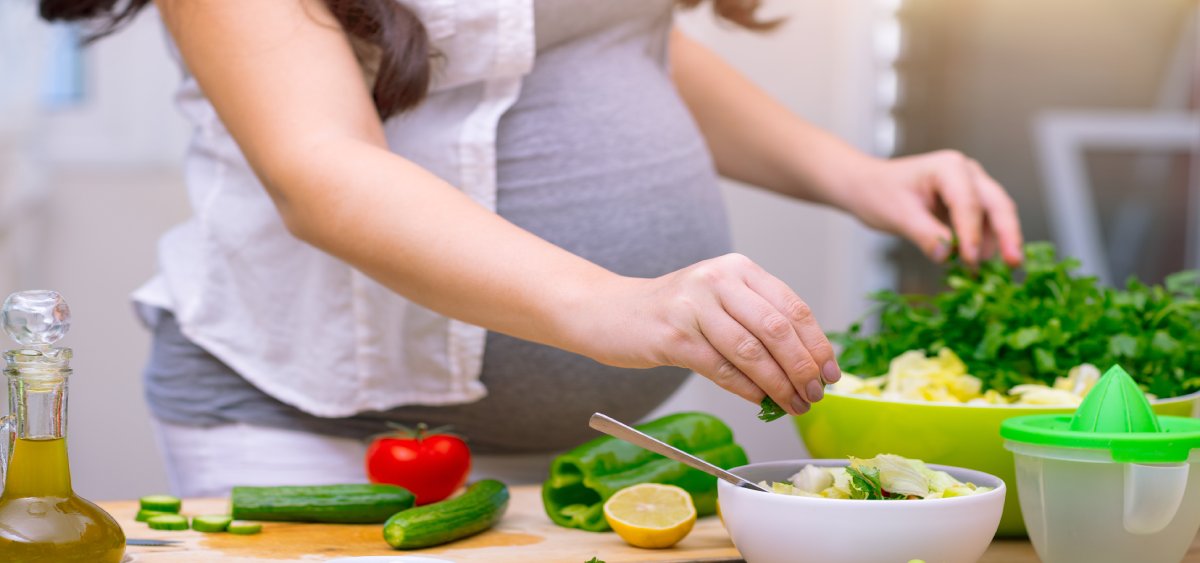Tips to Maintaining A Healthy Diet During Pregnancy

Pregnancy is a life-changing experience for any woman who ever chooses to go through it. Maintaining a nutritious diet, including a well-thought-out meal plan for pregnant women, becomes an essential component for the mother’s well-being and proper development of the growing baby. In this article, we will discuss beneficial guidance that will ensure that you maintain a diet that is both nourishing and balanced throughout this vital period.
1. Nutrient-Rich Foods
During pregnancy, the body’s nutritional requirements undergo significant changes. Incorporating a wide range of foods that are high in nutrients is absolutely necessary. Concentrate on consuming whole grains, lean proteins, fruits, vegetables, and dairy products in order to supply the essential vitamins and minerals that are important for the development of the fetus and the health of the mother.
2. Staying Hydrated
Keeping yourself sufficiently hydrated is of the utmost importance throughout pregnancy. Water supports the increased blood volume, helps in nutrient transportation, and aids digestion. Carry a water bottle with you everywhere, be sure to set reminders on a frequent basis, and try to drink at least eight glasses of water per day.
3. Including Omega-3 Fatty Acids
Omega-3 fatty acids, which may be found in foods such as walnuts, flaxseeds, and fatty fish, also play an important part in the development of the baby’s brain and vision. By incorporating these items into your diet, you may help ensure that your pregnancy is healthy and that your child is well-nourished.
4. Incorporating Balanced Meals and Snacks
Choose balanced meals with a combination of carbohydrates, proteins, and healthy fats. Spreading your regular calorie intake over several short meals and snacks can reduce pregnancy symptoms like nausea and heartburn. This method helps maintain energy levels throughout the day.
5. Including Folate-Rich Foods
Folate is crucial for the early stages of fetal development. Folate can be found in abundance in citrus fruits, legumes, cereals that have been fortified, and leafy greens. Consuming an adequate amount of food can help prevent neural tube abnormalities and provide support for the development of the brain and spinal cord in the infant.
6. Limiting Caffeine and Avoiding Harmful Substances
While enjoying a cup of coffee is generally safe, it’s essential to limit caffeine intake during pregnancy. Additionally, it is essential for the health and development of the baby to abstain from consuming alcohol and to place as little exposure as possible to potentially dangerous substances like tobacco and specific medications.
Conclusion
The mother’s health and the baby’s growth depend on a healthy diet. By consuming a nutrient-rich and balanced diet, and staying hydrated, women may handle this transition with grace. Remember that every bite feeds you and your growing baby.

